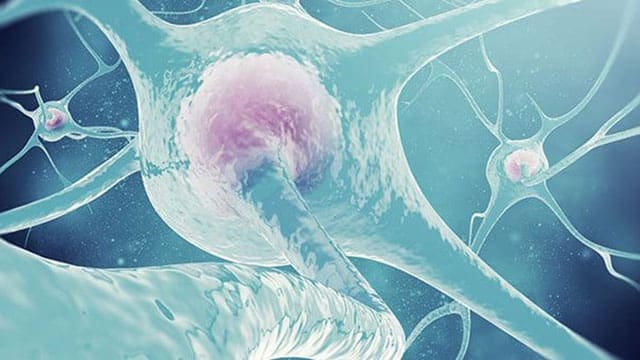Mental health professionals need to prioritize proven methods over neuroimaging to ensure the best patient care

Mental health issues are a significant aspect of family medicine practice. Typically, family medicine screening focuses on common biological causes of mental health problems, such as thyroid disease or brain tumours. While mental health organizations are expanding diagnostic tools beyond traditional psychiatric evaluations, aiming for early detection and intervention, clinicians should remain cautious.
Neuroimaging, for example, offers advanced technology to create detailed images of the brain’s structure and activity. Although promising, neuroimaging should not yet be considered a diagnostic tool for psychiatric conditions, as it cannot reliably distinguish between individuals with and without mental health issues.
Treating psychiatric conditions as diseases is appropriate when there is a clear biomarker or objective evidence of abnormal biology. However, without such evidence, clinicians must adopt a comprehensive approach, encouraging patient participation in meaningful activities.
While neuroimaging has revolutionized the diagnosis of neurological diseases like Multiple Sclerosis (MS) and Alzheimer’s, it cannot reliably diagnose or identify the root cause of psychiatric disorders, except in rare cases like brain tumours. For instance, MRIs in MS patients show brain plaques, but MRIs of individuals with depression or schizophrenia appear identical to those of healthy individuals.
 Getty Images |
| Related Stories |
| Spotting signs of depression in your child
|
| Up to 90% of Down syndrome diagnoses end in abortion
|
| Warning signs someone you love is experiencing mania
|
Studies claiming differences between the brains of depressed individuals and healthy ones are often marred by misleading interpretations, false positives, and false negatives. Thus, the diagnosis of mental health conditions such as depression remains a clinical one.
Although neuroimaging can also reveal functional aspects of the brain, such as blood flow and metabolic activity, the findings in studies on depression, psychopathy, and ADHD are often inconsistent and difficult to reproduce. As a result, aggressive neuroimaging investigations are rarely conducted in mental health cases.
Advocates of brain imaging recognize the significant overlap in brain appearance between those with and without mental health issues. Relying on brain imaging to diagnose conditions like ADHD or depression is akin to using height to determine gender: While there may be general trends, the measure is insufficient for accurate diagnosis.
Furthermore, neuroimaging studies carry a high risk of false positives and negatives, potentially leading to unnecessary anxiety or preventing patients from seeking needed treatment. Consequently, neuroimaging should remain confined to formal research trials.
Emphasizing brain imaging risks focusing too much on the biological aspects of mental health at the expense of social, psychological, and environmental factors, as well as the proactive steps individuals can take to improve their well-being.
Clinicians should be cautious about emphasizing biology over psychology when no biomarkers of abnormal biology are present. Mental health problems are often inaccurately described as biochemical imbalances, with patients being told they have depression due to a lack of serotonin or ADHD due to insufficient dopamine – claims typically made without confirming blood tests.
In reality, people diagnosed with these conditions often have normal neurotransmitter levels yet still require appropriate treatment. Overemphasizing biological explanations can disempower patients by suggesting their condition is beyond their control.
Greater awareness and education are needed among medical professionals and the public about the limitations of brain imaging in attributing mental health issues to biological abnormalities. While future advancements in neuroimaging, machine learning, and artificial intelligence may eventually reveal subtle brain changes associated with psychiatric disorders, for now, mental health professionals should rely on empirically proven methods to provide the highest quality care for their patients.
Ewan Johnston, BSc, is a childhood cancer survivor and aspiring medical student.
For interview requests, click here.
The opinions expressed by our columnists and contributors are theirs alone and do not inherently or expressly reflect the views of our publication.
© Troy Media
Troy Media is an editorial content provider to media outlets and its own hosted community news outlets across Canada.

